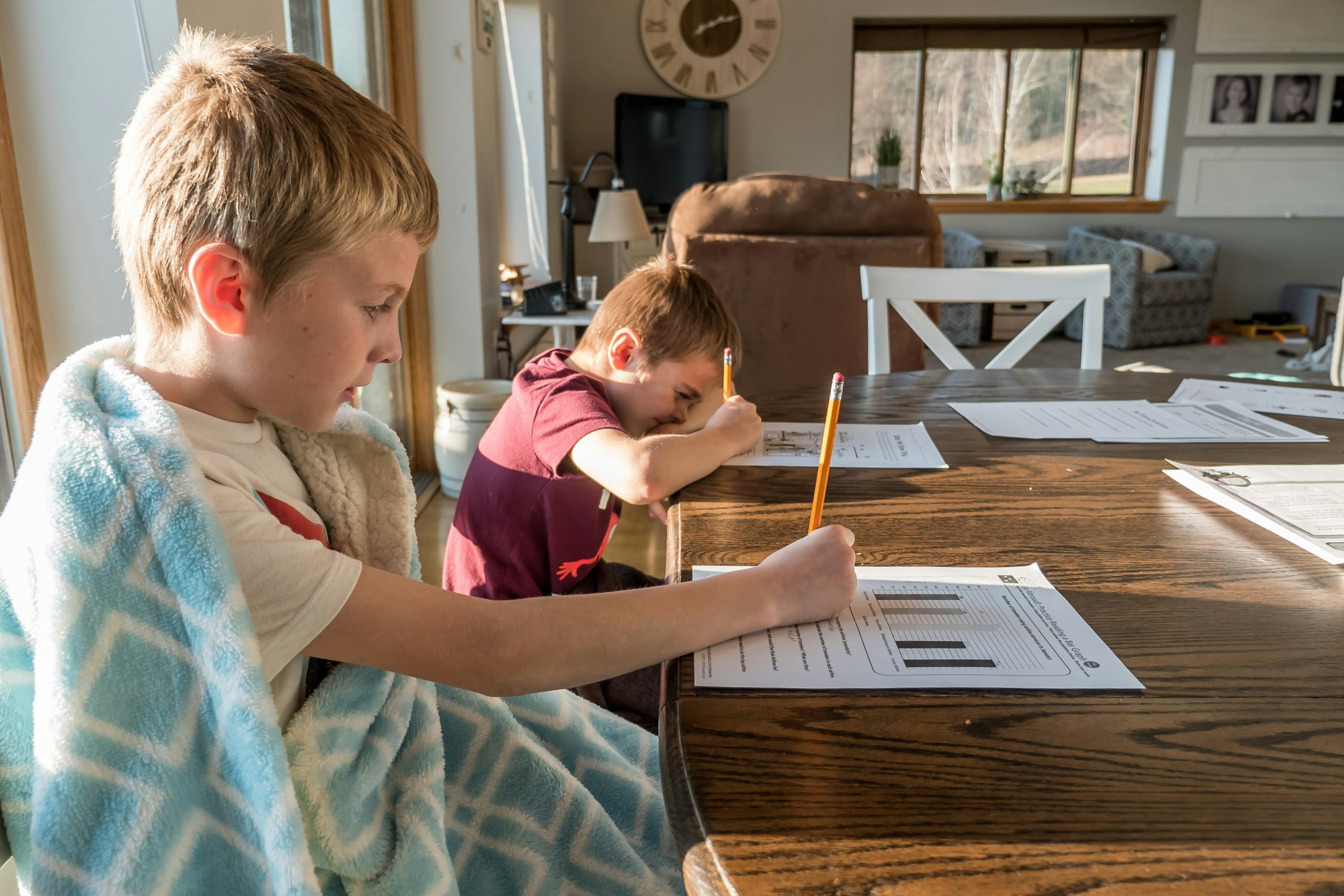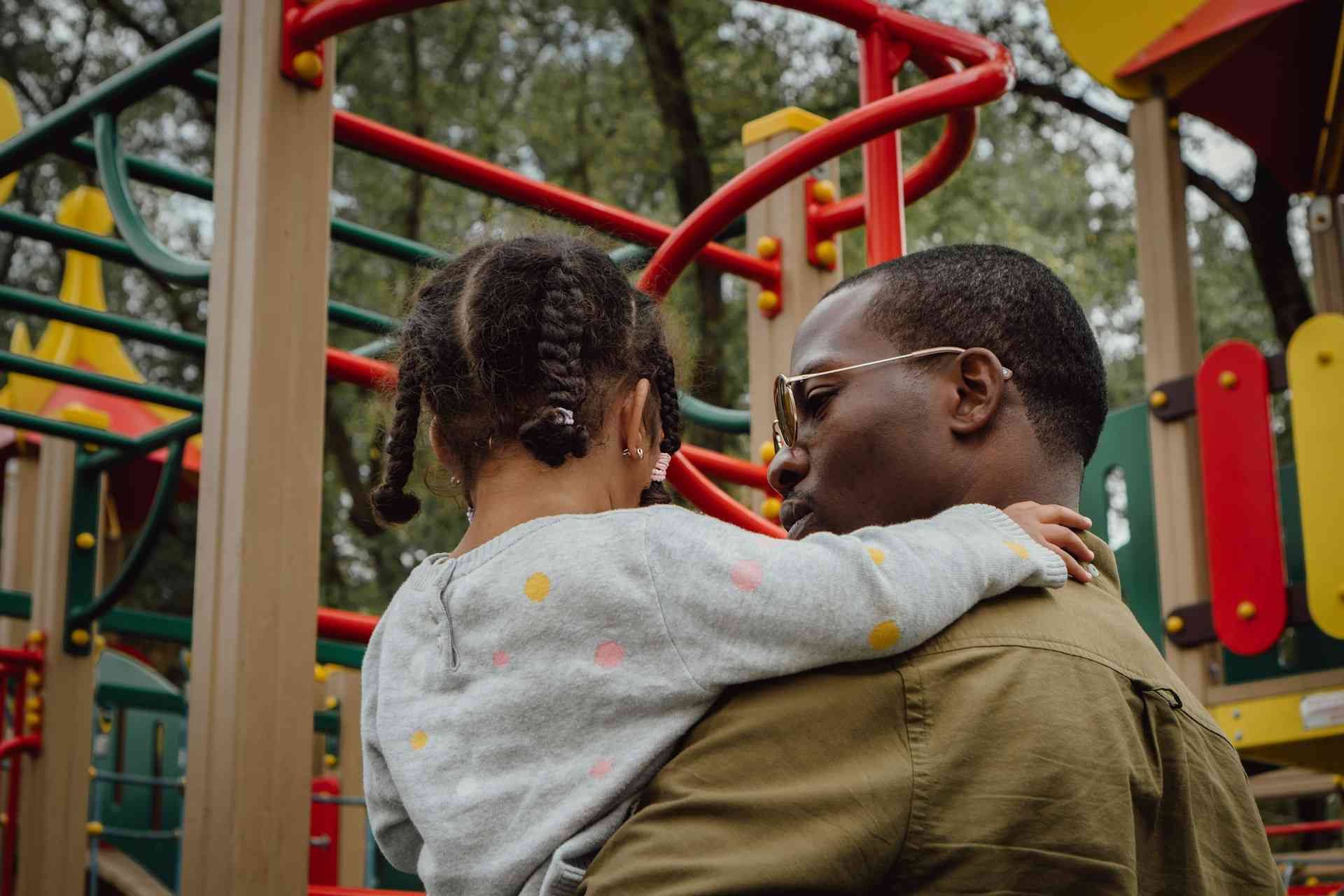Finding Single Mom Help with Homework
“How are you juggling everything?” That’s a question you’re accustomed to hearing. It’s true. You juggle housework, your career, and the lives of your children. Just when you think you have successfully completed level one of single motherhood, your child’s mid-semester report comes in, and you realize that in all your juggling, you dropped a ball or two. While some children are self-motivated and capable of completing their homework without outside assistance and reminders, many children lack this self-discipline. For the single mom, finding time, let alone energy, to help with homework after a long day on the job can feel not only impractical but downright exhausting. If you’re a single mom struggling to keep your kids’ homework on track, here are a few ideas that might help. Be transparent Keep in open communication with your child’s school. Let them know that you’re a single, working mom and that you can’t devote a lot of time to homework. Most schools will do their best to help the student complete assignments in class, especially if they know that doing homework might be a challenge. Communicate regularly Keep an open channel of communication with your child’s school. Make sure that your contact information is up to date so that they have an easy and effective way of communicating with you. Ask questions of your child’s teachers to ensure that any issues with grades are addressed immediately instead of allowing them to snowball. Find help Some schools offer after-school tutoring. If yours does not, look to local community resources such as the Boys and Girls Clubs or local churches that might offer assistance with homework. If your area does not have a homework-helping program, consider hiring a tutor or asking a friend or relative to step in to assist in this way. Offer rewards Ultimately, the [...]












